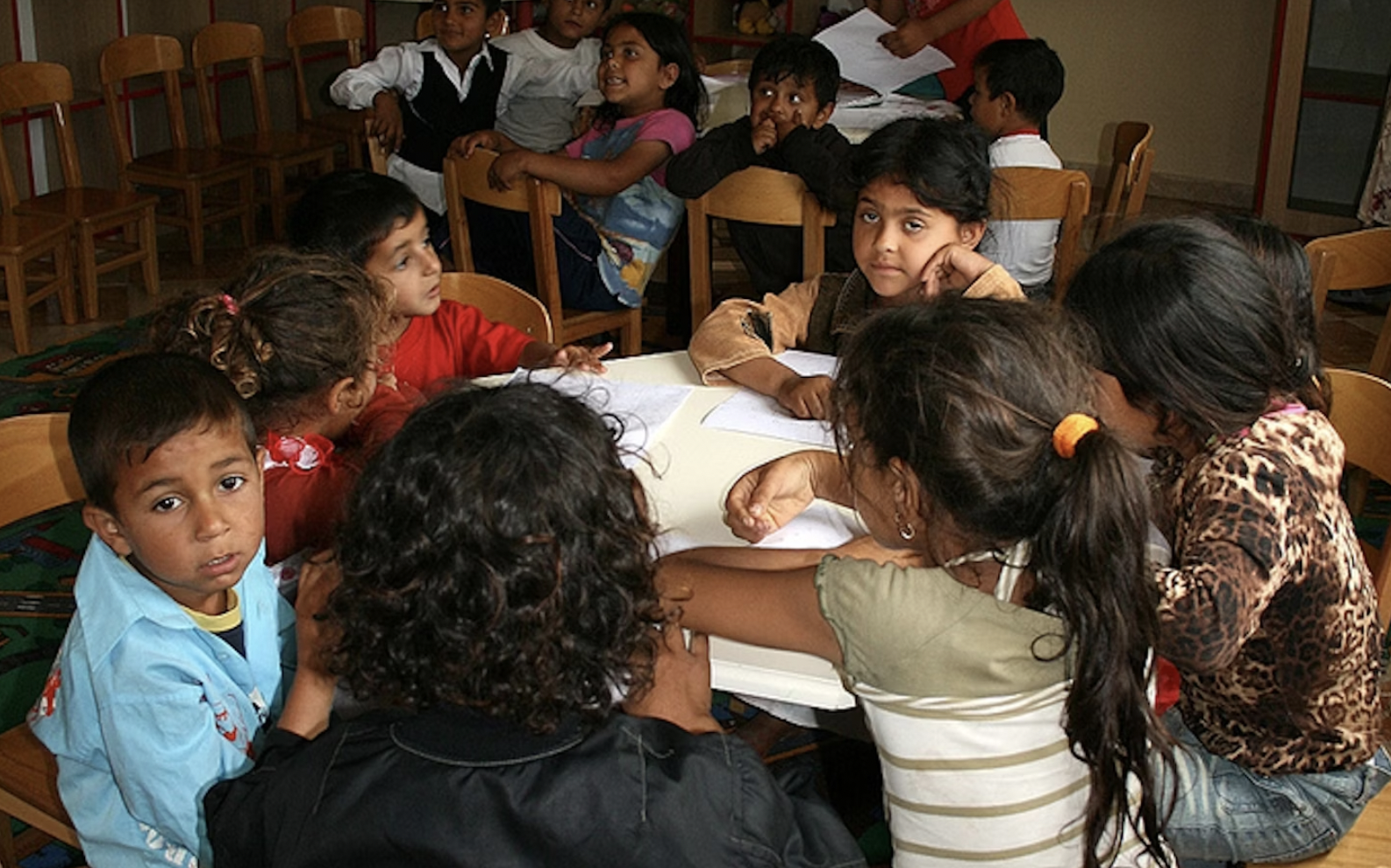Szolcsan c. Ungheria, ECtHR (First Section), No. 24408/16, 30 March 2023

Recently, the European Court of Human Rights ruled on a case of discrimination in the educational context with a significant judgment in the strand of educational pluralism, intended as the obligation of States parties to the Convention to ensure equal treatment in access to educational facilities on their territory.
The Court has already found violations of the right to a non-discriminatory education in several cases concerning Roma pupils in different contexts and in different Contracting States. Some of these cases concerned the practice of systematically placing Roma pupils in separate schools or classes, others concerned the failure of national authorities to take measures to fight the over-representation of Roma pupils in schools.
The present case concerns a Hungarian child of Roma origins, enrolled in the first year of the primary school in his town, attended almost exclusively by Roma children, where the Roma community constituted less than 4% of the residents of the school's catchment area. His mother, considering that the curriculum of the school was poor and deprived him of adequate education, had asked the competent Hungarian authorities to transfer him to a school in a neighboring town. The request was rejected on the grounds that the child did not live in the catchment area of that school and that having to go to the neighboring town every day would be too burdensome for him and, therefore, not in his best interests. The same argument had been upheld by both Courts seized at first and second instance, although the child’s mother had made it clear that the journey was only a short bus ride that posed no problems.
The European Court of Human Rights, while noting that other children, residing in the same town as the applicant, attended the primary school to which he had applied for transfer, in the absence of concrete evidence or statistical data, is unable to reach a conclusion as to whether the applicant was denied transfer to that school because of his Roma ethnic origin. However, even in the absence of any discriminatory intent on the part of the State authorities, the Court considers that the competent Hungarian school authorities have failed to provide any objective and reasonable justification for the difference in treatment to which the applicant was subjected during his primary education.
The Strasbourg judges, therefore, found a violation of Article 14 (prohibition of discrimination) of the ECHR, in conjunction with Article 2 of Protocol No. 1 (right to education), ruling, in particular, that the fact that the school in which the applicant was enrolled was attended almost exclusively by Roma children constituted segregation and that the placement of Roma children in segregated schools, without the competent authorities taking appropriate measures to correct the inequalities, is incompatible with the State's duty not to discriminate on the basis of race or ethnicity.
Furthermore, the Court recalled that coexistence in a racially non-segregated society is a fundamental value of democratic societies and that one of the essential tools for achieving it is inclusive education.
Pursuant to Article 46 (binding force and implementation), the Court further stated that the Hungarian State is obliged to take measures not only to end the segregation of Roma pupils in that school, but also to ensure the development of a suitable policy to end segregation in education, as recommended by the Fifth Report on Hungary of the European Commission against Racism and Intolerance (ECRI).
(Comment by Nadia Spadaro)

